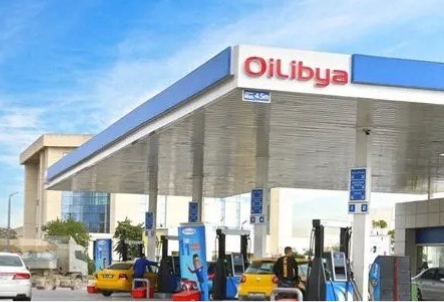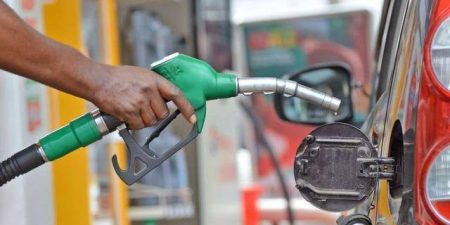
28 November 2016, London — Royal Dutch Shell (RDSa.L) is considering selling out of its oil fields in Iraq as part of its global $30 billion asset disposal program, industry sources said on Monday.
Shell is seeking to slim down its vast oil and gas portfolio following the $54 billion acquisition of BG Group in February, which transformed it into the world’s top liquefied natural gas trader.
With oil prices having slumped since 2014 the company wants to focus on business areas with the highest returns such as LNG and deepwater oil production in Brazil and the Gulf of Mexico.
A spokesman for Shell in London declined to comment.
The Anglo-Dutch company, which has been present in Iraq for over a century, has found only limited financial benefits in recent years from its involvement in Iraq’s oil production, where it is paid in crude oil but has limited say on production strategy, the sources said.
However, Shell continues to see value in developing its gas business in Iraq and is not interested in selling those interests, the sources said.
Iraq accounted for around 4.4 percent of Shell’s total oil and gas production in 2015, according to its 2015 annual report.
The move to sell the oil interests highlights the difficulties Iraq faces in its efforts to increase crude output as foreign oil companies such as Shell have found the terms of the production service contracts unappealing.
The Anglo-Dutch is the operator of the giant Majnoon field near Basrah in southern Iraq which started production in 2014.
Iraq signed contracts with a large number of oil majors around six years ago as it emerged from years of sanctions and internal conflict.
Baghdad initially wanted to rival Saudi Arabia by reaching production of over 10 million barrels per day (b/d) but red tape, corruption and poor infrastructure was blamed for delaying projects, which resulted in oil output projections being halved.
National output has nevertheless recently risen sharply to around 4.7 million b/d as some projects started paying off. Iraq has been pushing the foreign companies including BP (BP.L), Lukoil(LKOH.MM), Exxon Mobil (XOM.N), Shell and China National Petroleum Corp [CNPET.UL] to increase their investments to give it further production gains.
Shell holds a 45 percent interest in the Majnoon oil field that it operates under a technical service contract that expires in 2030, according to its 2015 annual report. Malaysia’s national oil company Petronas (PETR.KL) holds a 30 percent stake in the field while the Iraqi government holds the remaining 25 percent.
Production from Majnoon averaged 206,000 barrels per day in 2015.
Shell also has a 20 percent interest in the West Qurna 1 field, which is operated by Exxon.
*Ron Bousso & Dmitry Zhdannikov; Editing – Greg Mahlich – Reuters



